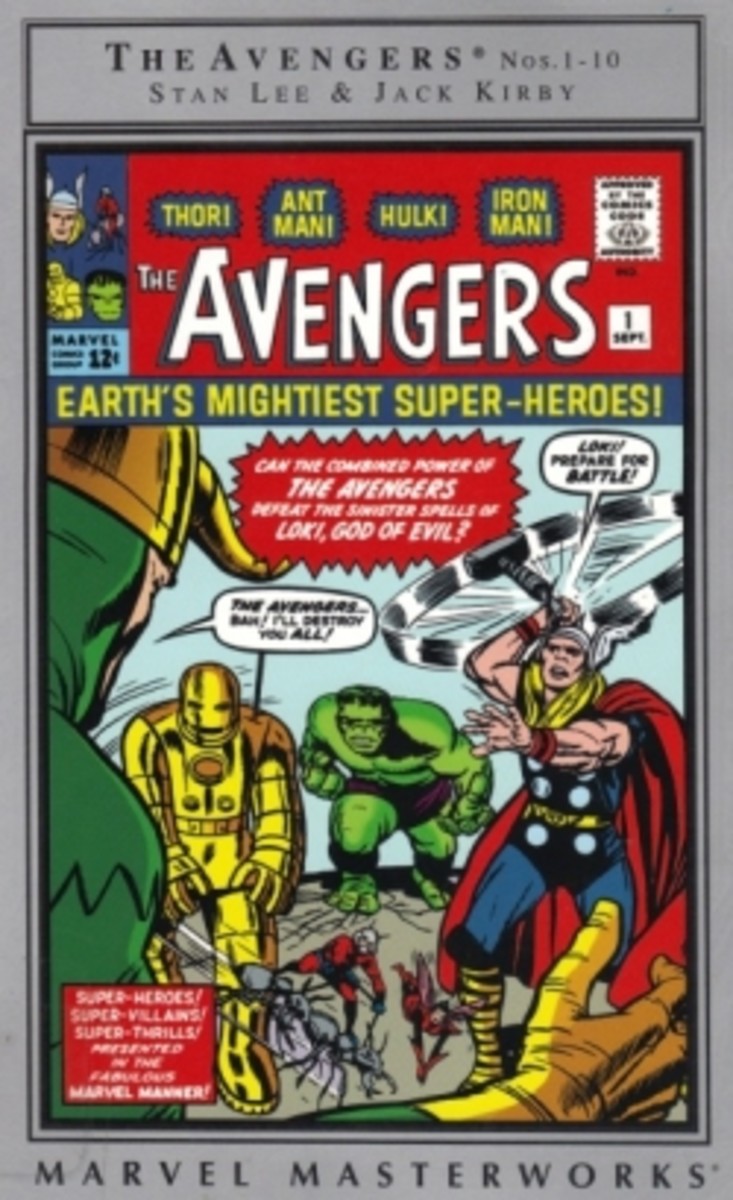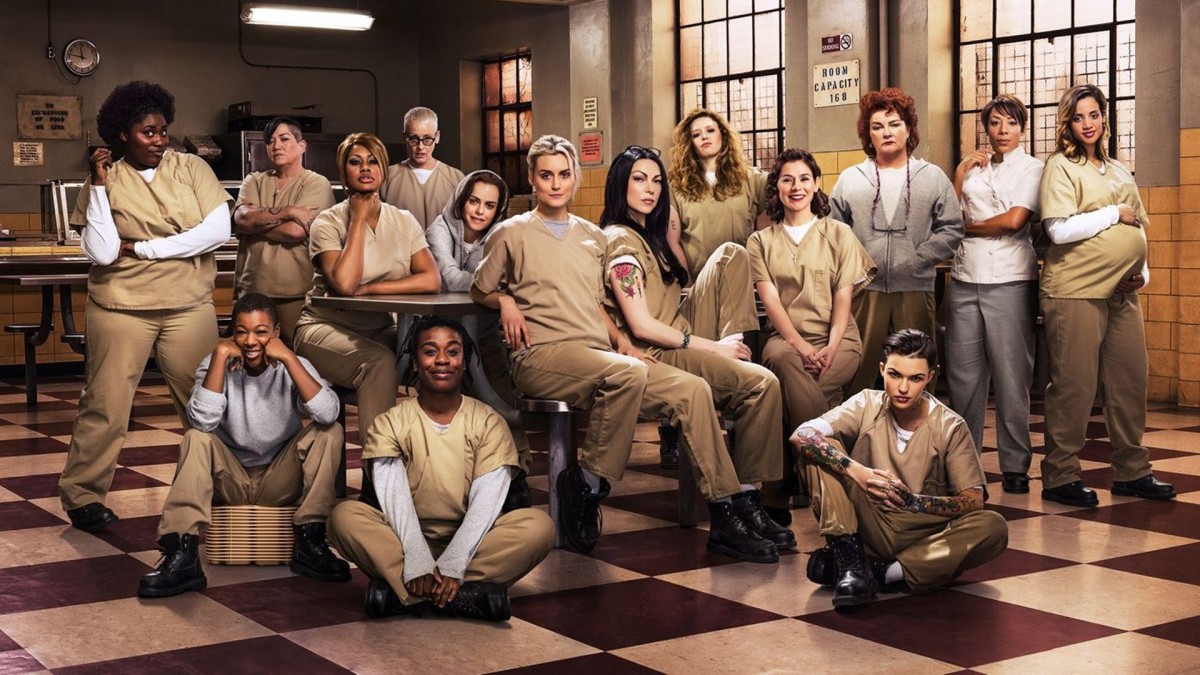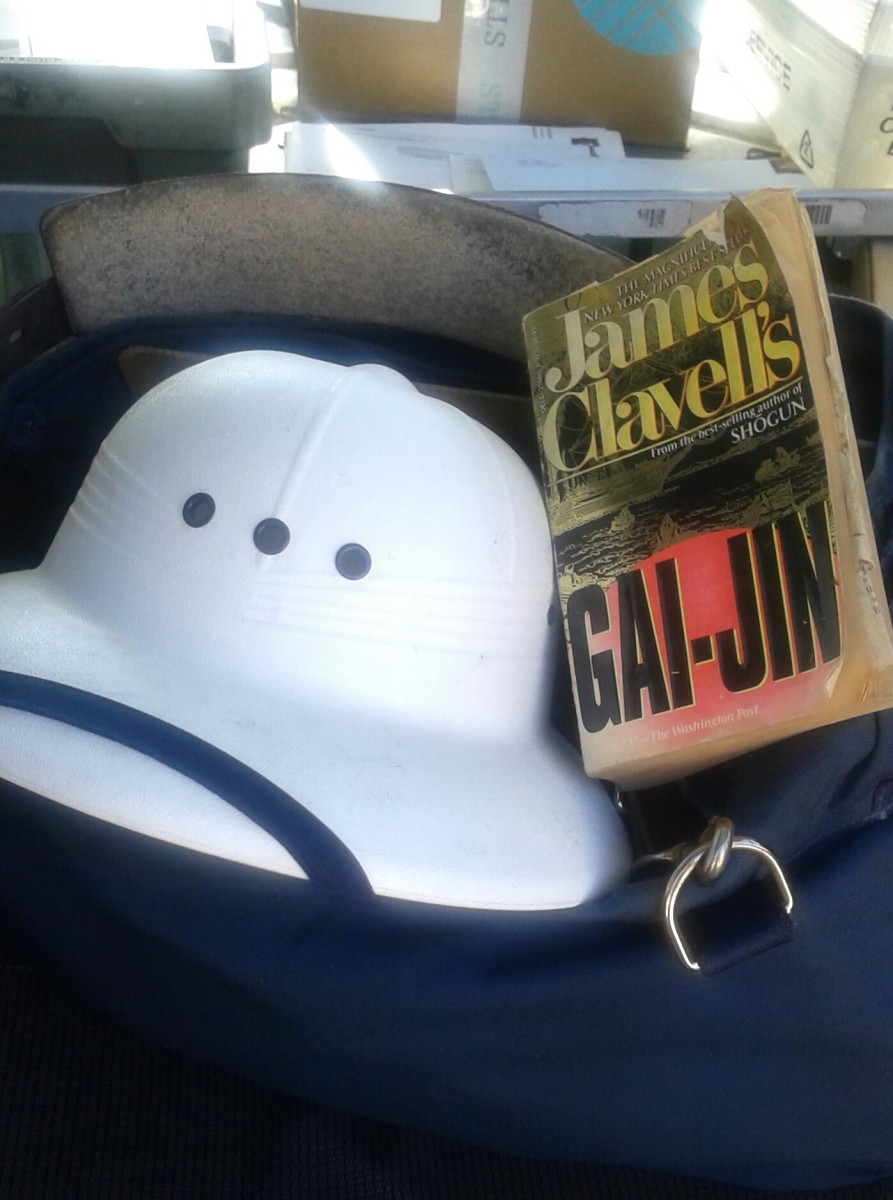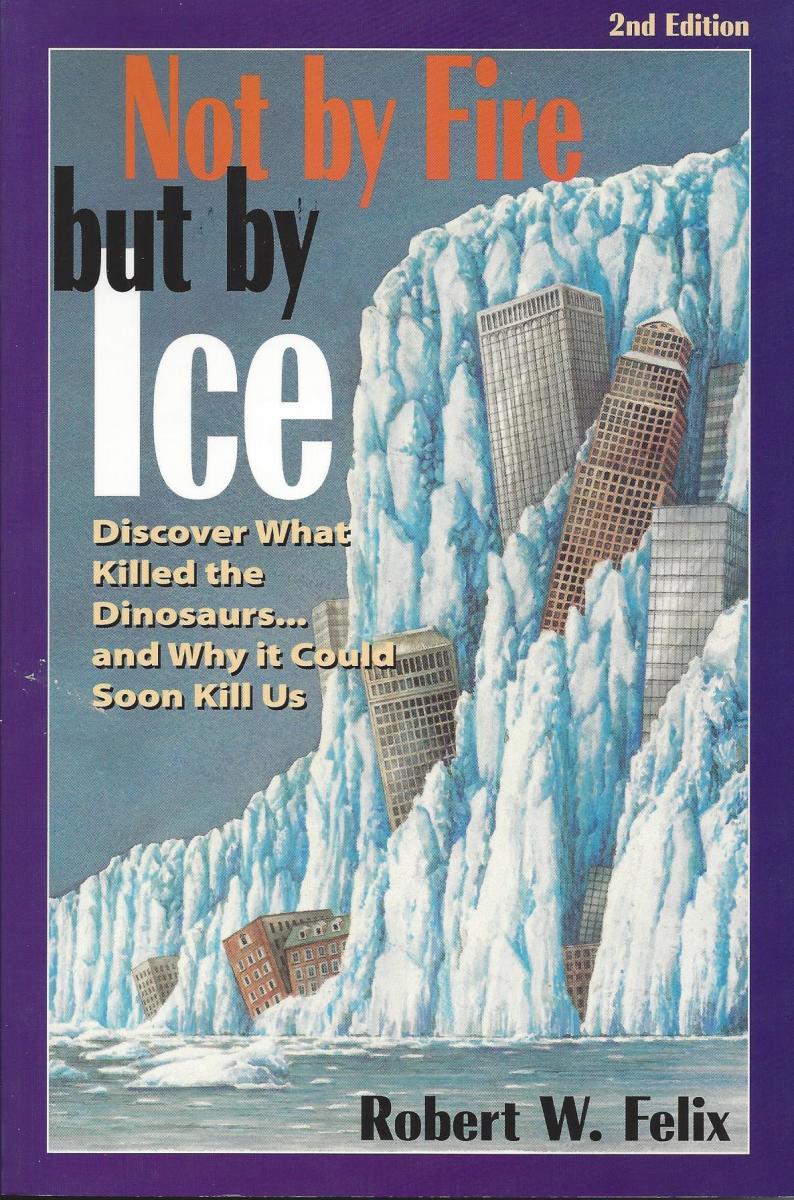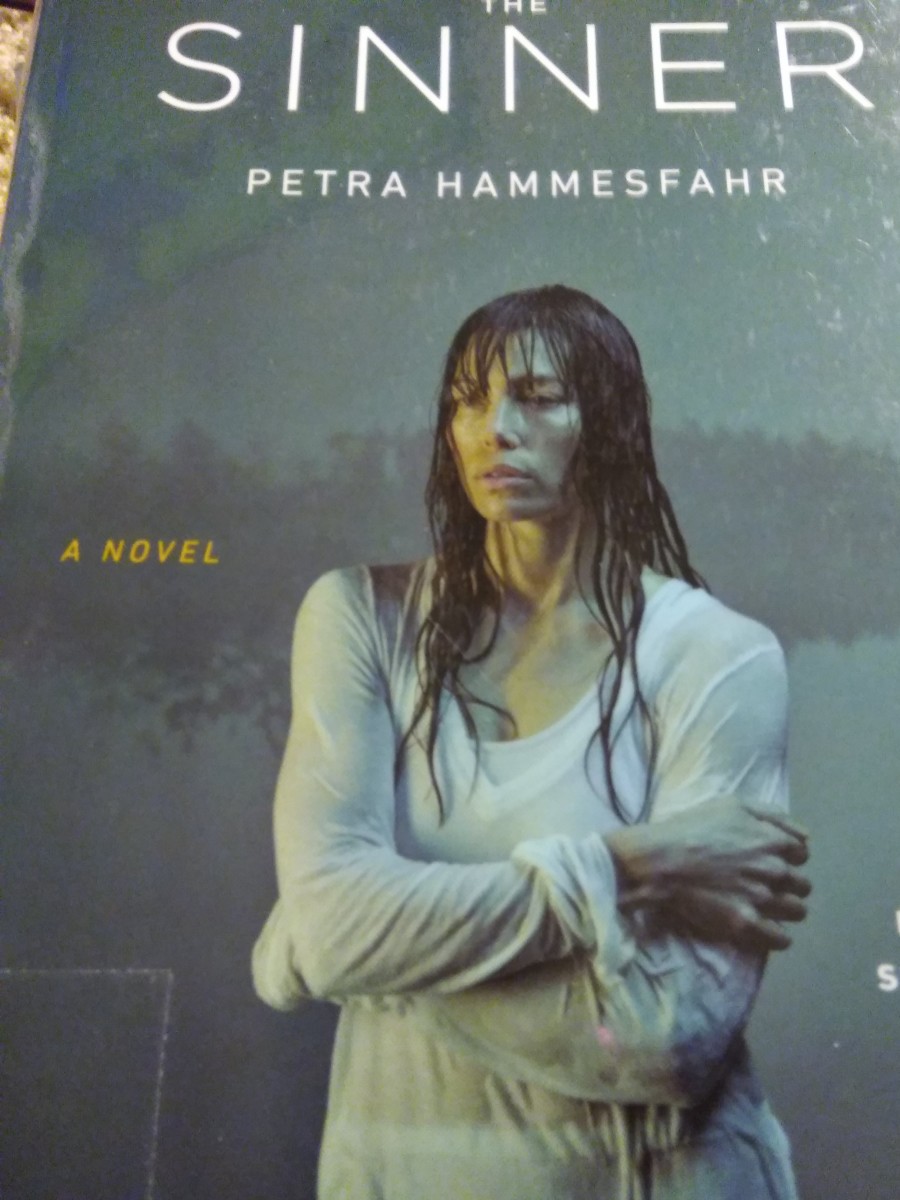Book Review: Orange is the New Black
Orange is the New Black: Cover
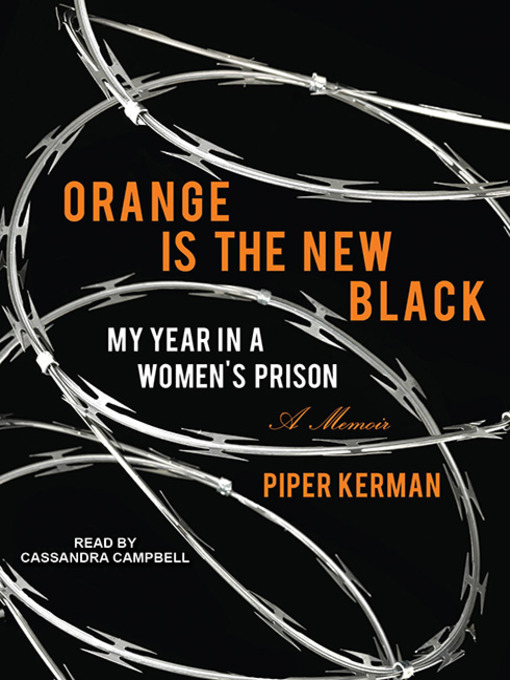
From Netflix to Meatspace
A couple years ago, my social circle was abuzz with news of a new Netfliix series: Orange is the New Black. Like many people, I've been slowly drifting away from scheduled, televised programming for watch-on-demand titles. Over the course of the past two decades, it seems that everyone I know has gone exclusively to web content for their entertainment, and companies are following suite, not just with hardware like smart tvs and tablets, but with software, streaming services rising to fill the niche that convenience has carved. So original series spread quickly by word of mouth, and I found myself roped into watching this one.
I loved it. The show takes place in a prison, and focuses on a series of convicts, serving time for a variety of crimes, and tells their personal stories, following their pasts to revile what each person was arrested for, how their life was before prison, and taking a look at how a society creates criminals, following some of the convicts all the way back to their early childhood. It is a great social commentary, illustrating how many of these people had so many ridiculous obstacles to overcome that they were more or less pushed, by circumstance, into the crime for which they were eventually convicted.
What I did not know, until recently, is that the show is actually based on a book, written by an actual convict, about her actual time in prison. Piper, one of the characters, a drug smuggler who was caught trying to smuggle heroine into the United States from Belgium, is an actual real person, who wrote a book about her actual real life. This added an entirely new dimension for me, and I had to read it for myself.
Piper Kerman
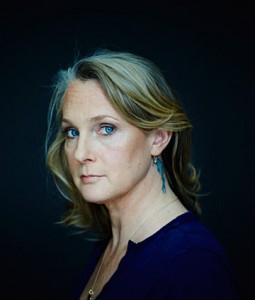
Stark reality of life on the inside
It turns out that the show is only very loosely based on the book, to my great disappointment. Kerman, the book's author, observed what she calls the unwritten rules of her imprisonment, one of which was to never ask another inmate about the crime that landed them behind bars. As a result, she had no way of knowing the backstories of all her co-captives, and we, as the reader, never get to know anything more about them than Kerman did. It isn't really about the people, it's more of an introspective on the system itself. We do see a lot of Kerman, but she more serves as a vessel through which to experience the flawed justice system through her day to day experiences.
She shows us a world that is normally incredibly closed off to those of us on the outside. Prisons tend to be incredibly secretive about their operations, particularly the day to day normalcy that doesn't make for a good action movie. As someone who has never been jailed, I, personally, have only a vague idea that the experience would be "bad". But I can't imagine the heartbreaking experience of giving birth in chains. The big, unimaginably terrible things, like severe sexual abuse by prison guards, to the small, everyday things that just beat down your spirit, like terrible bug infections that keep you out of the bathroom and isolation from your family, exist side by side in this bleak portrait painted by a single inmate.
Piper was a heroine smuggler. She was guilty of her crime, and admits that she did actually deserve to be where she was. However, several times she describes people she's met who she truly believes do not need to be where they are. A mechanic she speaks to, working in the prison auto shop, mentions that her mother worked in the same garage, during her imprisonment. This leads Piper to realize that prison life is generational, this woman is following in her mother's footsteps, and though she is unable to ask about her crime, she begins to realize that there is a set of circumstances that would force multiple generations into a life of crime.
Many of the people 'on the inside' have long resumes of useful job skills, all in an underground economy, illegal sales, management, deportment, all valuable, but the inmates have a difficult time transferring them to legal job markets. She believes that with some real training, all these skilled women would have a real opportunity to succeed, however they don't find that kind of training, that kind of rehabilitation, in the prison system.
There is an exit orientation meant to teach real-world, marketable skills, but it falls short. All of the classes are taught by prison staff, rather than by trained councilors, and she says that they yo-yo between condescending, hateful, and people who are genuinely trying, but who are just not qualified for the job that they're trying to do. For example, in the class on housing, the construction manager from the work program was teaching, so he taught about home matienence and repair, because that's what he knew how to do. The audience, however, was much more interested in things like how to obtain housing, finding an apartment, programs that existed to help low-income folk, like people who were recently released from prison, find housing. Many of the people went into homeless shelters after they were released.
At one point, there is a sort of career fair held at the prison, but the speakers are appalled at the lack of resources available to their incarcerated audience. For example, one speaker is actually teaching a practical skill, how to find a job and submit a resume on-line. As she's going over this, one of the folk listening to her tells her that they don't have internet access. She's shocked, and asks if they don't have a computer lab. A guard steps up and straight up lies to her face. He tells her that they have a computer lab, with internet access, where their charges can put into practice the skills she's teaching. But it's a lie. They don't.
Netflix Series
Conclusion
I'm not going to say that I was disappointed in this book, but it was certainly not what I expected. It's good, for a memoir, and true to itself. It's a good read. But it is a memoir, and as every grade-school student struggling to fill a portfolio will remember, personal narratives can only have one main character, one narrator. So the audience is presented with a much more narrow focus than I had expected, or than I had wanted going in. Had I read the book before watching the series, i think that I would have been much more satisfied with it.
There's an old saying, "Never judge a book by its movie", however, this is one of the few times in cinematic history that the screen version of a story may actually surpass it's source material. I'm not entirely sure how much of the material in the show is based on real people and their stories, and how much comes from a writer's mind, but regardless, it makes for better entertainment than Kerman's real life.

![Orange Is The New Black: Season 3 [DVD + Digital]](https://m.media-amazon.com/images/I/51GZ040jMHL._SL160_.jpg)
